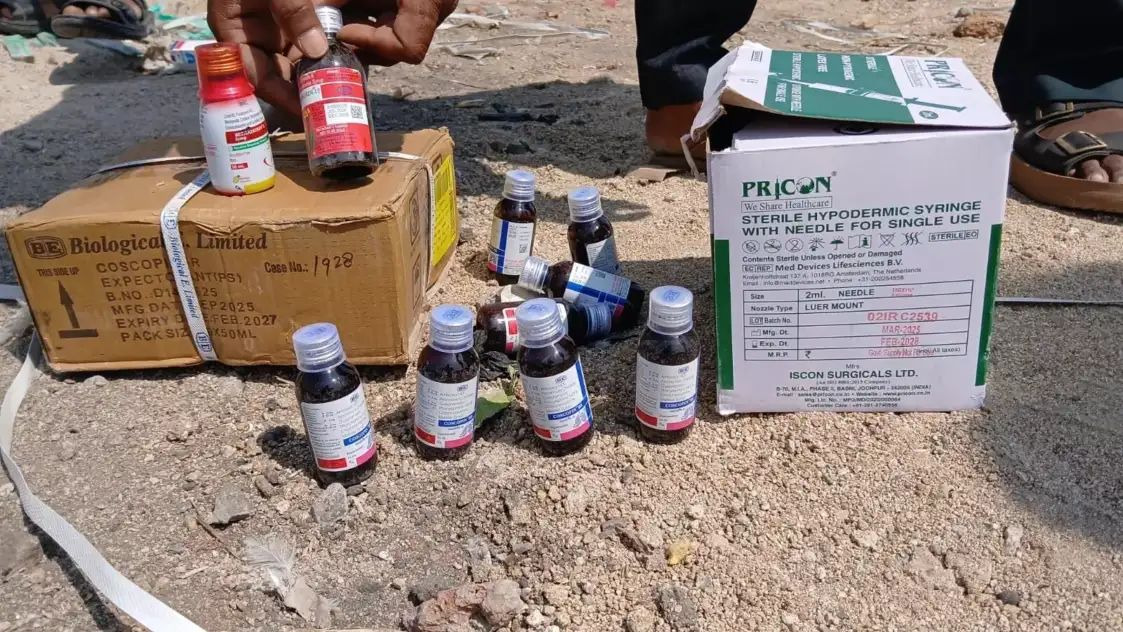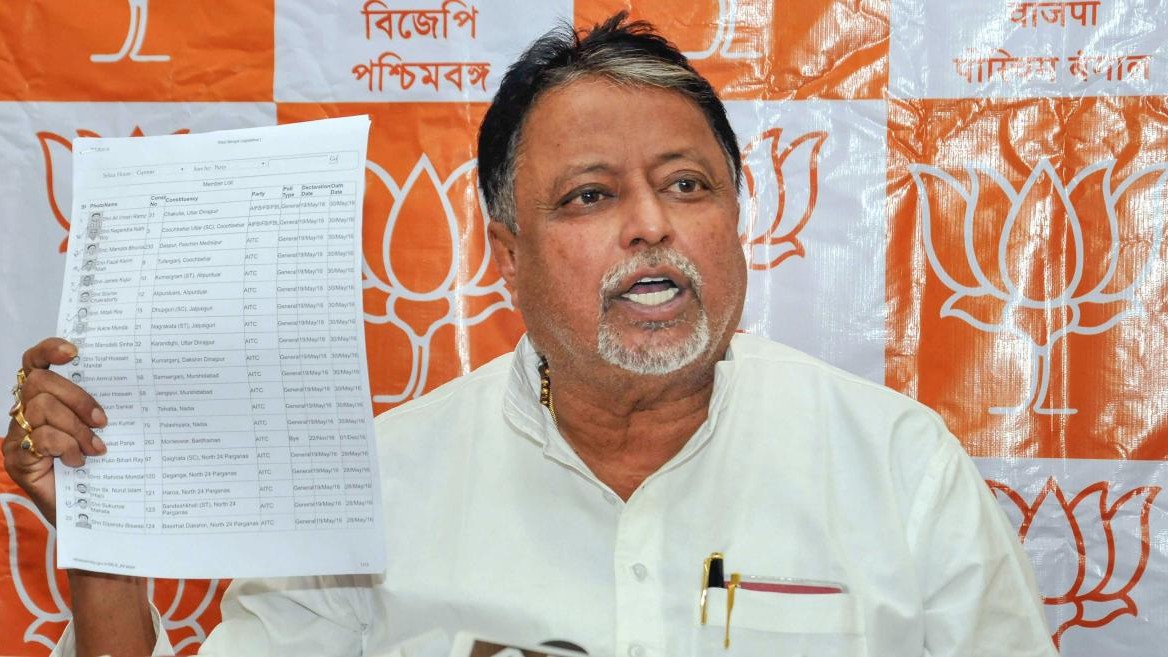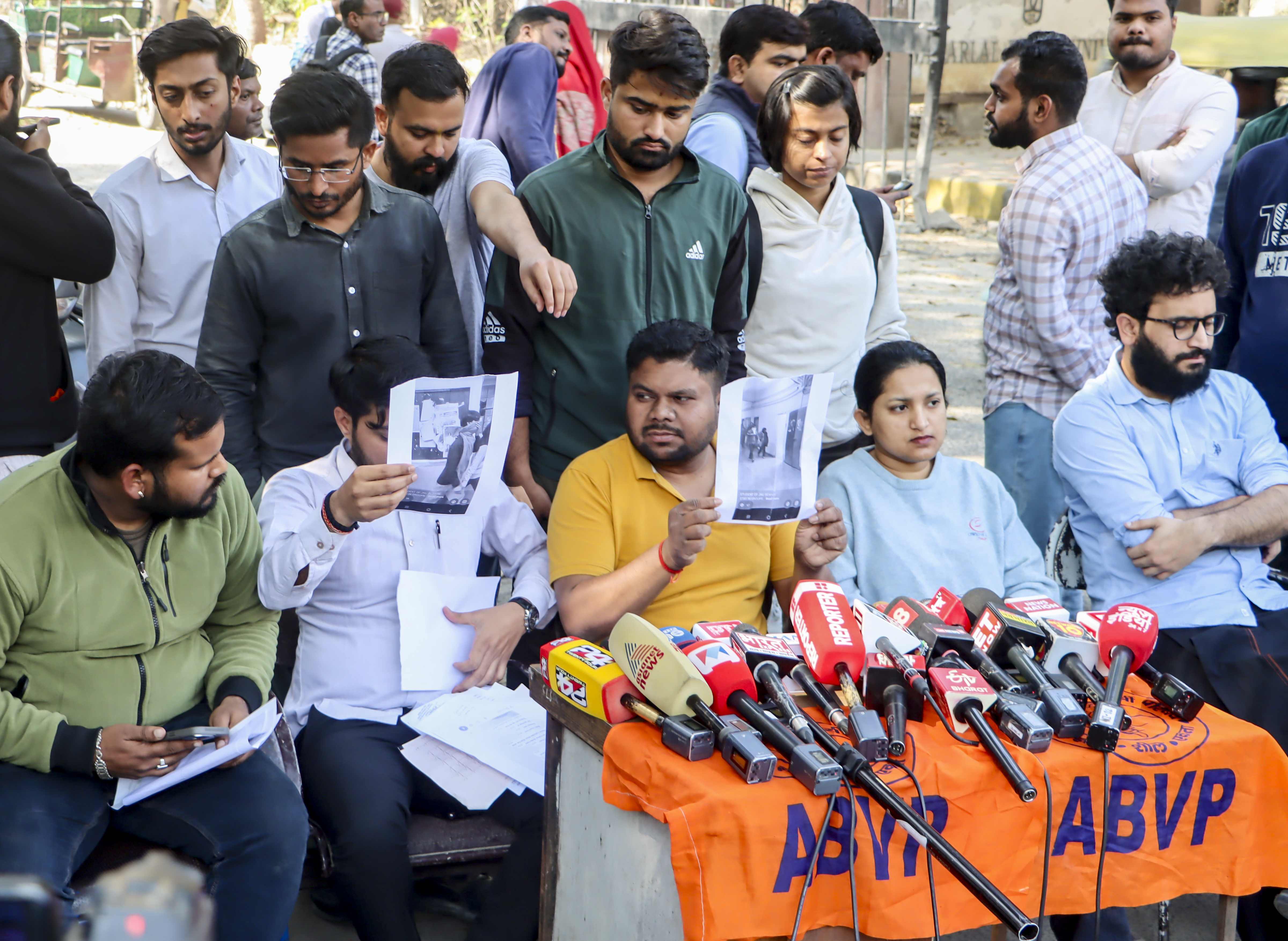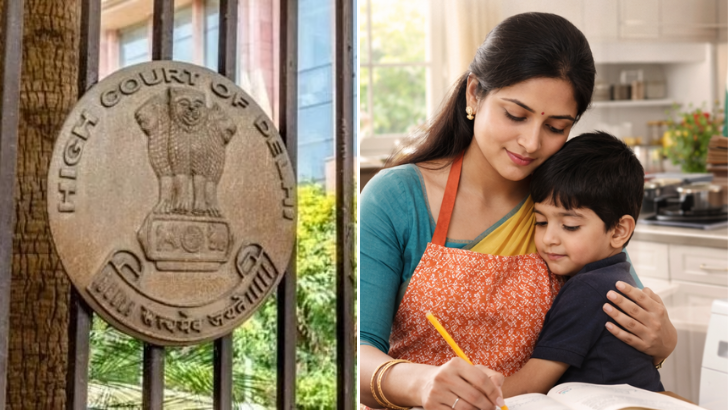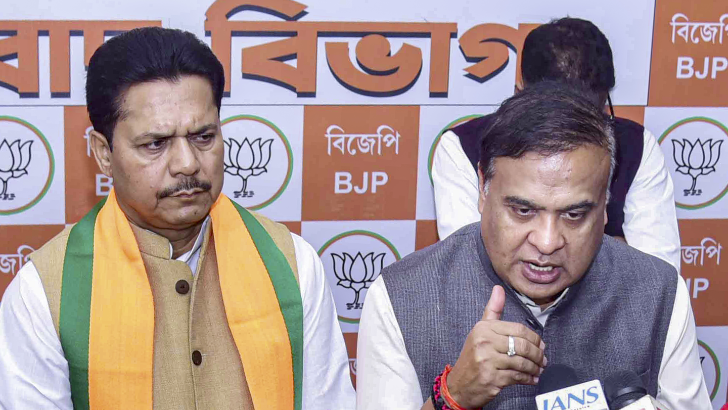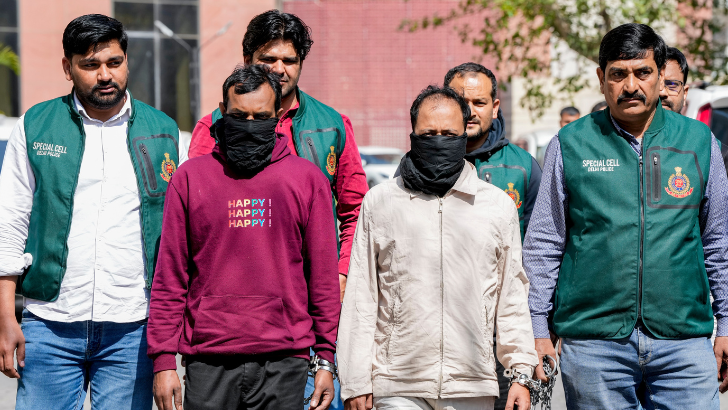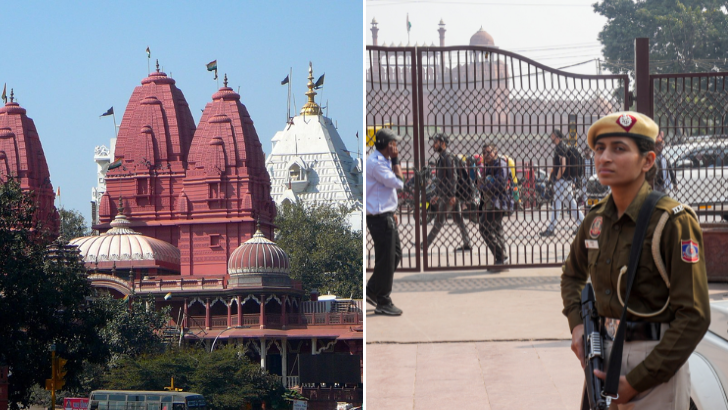GCC nations showed marked shift in support for India's counter-terrorism efforts: India's Ambassador to UAE
Sunjay Sudhir, India’s Ambassador to the UAE, also hailed the visit of the all-party delegation led by Shrikant Shinde to the country to highlight India's stance on the issue.
PTI
-
Indian all-party delegation led by MP Shrikant Shinde visits BAPS Hindu Temple in Abu Dhabi (PTI)
Dubai, 24 May
There has been a marked shift in the Gulf Cooperation Council
(GCC) countries' stance on terrorism since the 2008 Mumbai attacks due to the
widespread realisation that it is a common enemy of all and there is a need for
collaborative efforts to combat the menace, the Indian envoy in the UAE has
said.
Sunjay Sudhir, India’s
Ambassador to the UAE, also hailed the visit of the all-party delegation led by Shrikant Shinde to the country to highlight India's stance on the issue. He
termed the visit as very successful.
"The narrative, our
thoughts, our perspectives, were well received, very well reciprocated. And
again, it was a clear reciprocation, a clear reiteration of the fact that in
the UAE, we have a true strategic partner, a friend, whom we can rely on,"
the ambassador told PTI.
Ambassador Sudhir also
highlighted a shift in the response by the GCC nations - Bahrain, Kuwait,
Oman, Qatar, Saudi Arabia, and the United Arab Emirates - after the Pahalgam terror attack in comparison to the response they had shown after the Mumbai attack.
“In 2008, after the Mumbai
terror attack, the situation was quite different. The response of GCC countries
was quite different. This time, it was very different. Our leadership was very
actively engaged with the UAE, Saudi Arabia, Kuwait and Qatar. It's the same
GCC, but some things have changed because of widespread realisation that
terrorism is something which is a common enemy for humanity, for mankind, and
we need to work together to counter that,” Sudhir told PTI.
The ambassador said that the
UAE was perhaps the first country to issue a clear and categorical statement
condemning the attack as an act of terror and calling for the elimination of
terrorism in all its forms.
The all-party delegation led
by Shinde, during its two-day visit, held substantive discussions with senior
UAE officials, including Sheikh Nahyan bin Mubarak Al Nahyan,
Minister for Tolerance and Coexistence, and Ali Rashid Al Nuaimi, who chairs
the Federal National Council Committee on Foreign Affairs, Defence, and Interior.
On the broader India-UAE
bilateral relationship, Sudhir highlighted the robust growth in ties,
particularly in trade, which crossed USD 100 billion in the 2024-25 financial
year, well ahead of the target.
He pointed to the
India-Middle East-Europe Economic Corridor (IMEC) as a flagship initiative,
with India and the UAE leading efforts to enhance connectivity, reduce
paperwork, and facilitate the movement of goods, data, and clean energy.
Sudhir also noted advancements in fintech, with the UAE’s credit and debit card system built on India’s RuPay stack, and the local currency trade settlement mechanism boosting confidence in the Indian rupee and UAE dirham.
Leave a Reply
Your email address will not be published. Required fields are marked *








.jpg)

